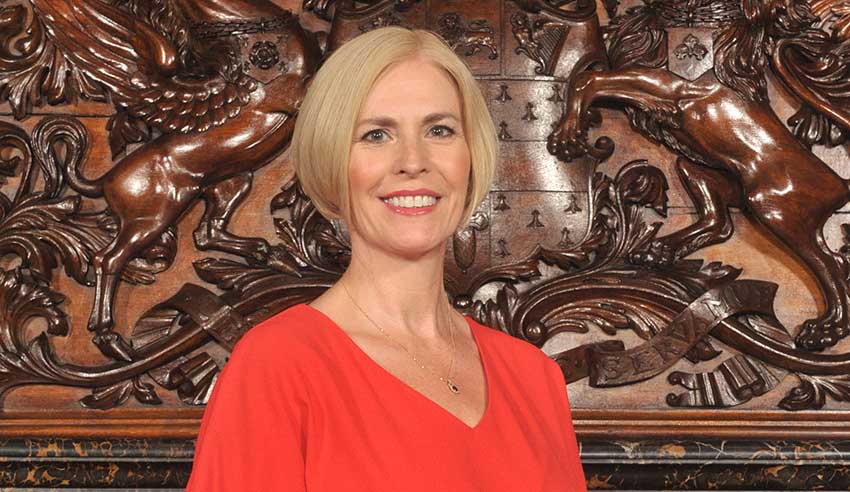According to new research, there is a large disparity in perception by gender on the level of progress in advancing equality in the legal profession across the globe.

The Law Society of England and Wales has released its Advocating for Change: Transforming the Future of the Legal Profession Through Greater Gender Equality report which, it said, “designed and compiled the largest ever global survey on women in the law”, boasting a total of 7,781 respondents.
One key finding was that 74 per cent of men perceive progress in advancing gender equality, but only 48 per cent of women said the same.
Further, 52 per cent said that unconscious bias was the main barrier to women’s career progression in law, and only 11 per cent reported unconscious bias training being consistently carried out in their workplace. 49 per cent said an “unacceptable work/life balance” as the second most likely avenue through which female progression is prevented, and 46 per cent cited “traditional network routes” as the third main barrier, given that these are “mostly male-oriented”.
Speaking about the result, Law Society president Christina Blacklaws (pictured) said professional bodies around the world have a key role in achieving global gender equality in the law.
“In jurisdictions across the globe, female lawyers are experiencing significant barriers to progression and are struggling to reach senior leadership roles in equal numbers to men,” she said.
“Whilst female lawyers around the world face many of the same key challenges, women in some countries also face laws which perpetuate gender inequality in the workplace. For example, in some jurisdictions it is legal to avoid hiring pregnant women, making it much more difficult for working mothers to progress.”
As a profession which strives to uphold justice, the legal profession must be at the forefront of the fight for gender equality, she continued.
“Bar associations, law firms and law societies across the world will be key in encouraging their members to adopt policies which tackle gender inequality and help create a more diverse, inclusive profession,” Ms Blacklaws posited.

Jerome Doraisamy is the managing editor of professional services (including Lawyers Weekly, HR Leader, Accountants Daily, and Accounting Times). He is also the author of The Wellness Doctrines book series, an admitted solicitor in New South Wales, and a board director of the Minds Count Foundation.
You can email Jerome at: